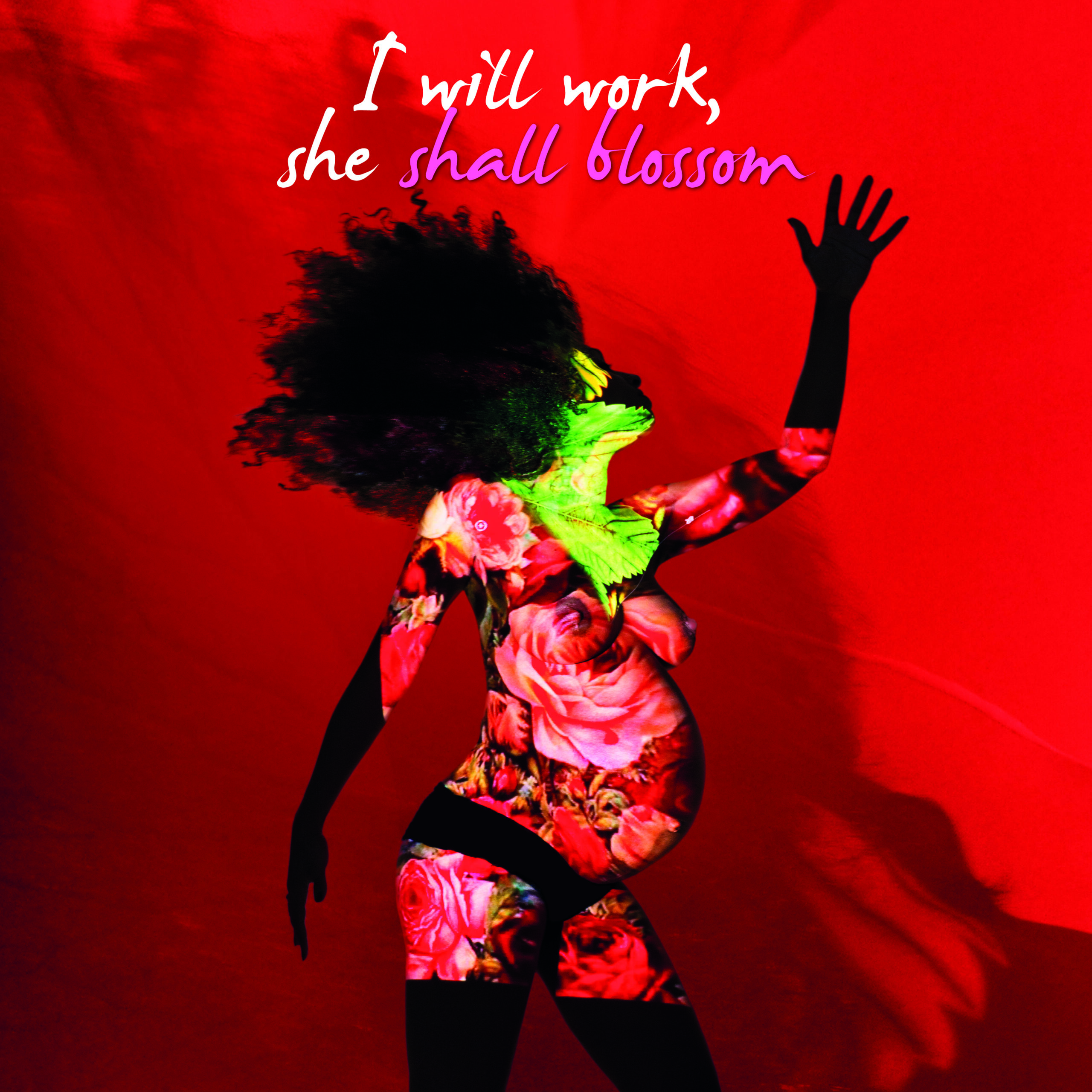AWCFS: Women working in flower farms often denied maternity leave
By Joyce Chimbi. This story was published on Kenyan Woman, a monthly online newspaper produced by the Women@Work Campaign partner African Woman and Child Feature Service.
Giving birth to a new life is supposed to bring joy and happiness to the mother and family. But for women working in the horticulture industry, particularly flower farms, such an act is often a source of pain and sorrow, since maternity protection is often lacking.
Women workers often have to make painful choices of getting pregnant or losing their jobs. If they conceive while working, they are highly likely to lose their job when they proceed for maternity leave. Breastfeeding breaks challenges and lack of creche facilities in most farms for use by nursing mothers remain gaps in making the workplace environment supportive and comfortable for working mothers.
Commission on the Status of Women
This violation of women’s rights was one of the issues raised by Kenyan, Rwandan and Ugandan organizations during one of the side events at the ongoing United Nations sixty-third session of the Commission on the Status of Women, that runs from 11 to 22 March.
Gender and human rights advocates attending the CSW meeting said while breastfeeding breaks are allowed in the flower farms, the challenge lies in making it possible for women to enjoy this right as there are often no creche facilities; hence they have to travel long distances to their settlements, with no transportation offered for this. This makes many women forfeit those breaks.
What is disturbing is that this is happening on the backdrop of the employment law, which provides for maternity leave for women in Kenya. The law is clear that women do not have to forfeit their annual leave to take care of their babies.
These issues were shared at a meeting organized by Hivos and Akina Mama wa Afrika at the CSW meeting. Speaking at the meeting Mary Kambo, a legal expert at the Kenya Human Rights Commission (KHRC), said the situation is even worse for women who lose babies in child-birth.
“Our laws are quiet on some very important issues,” she noted. “Take for instance the issue of child health. When a mother loses a baby, the employer expects the woman to report back to work immediately as the law remains silent on what should happen.”
She said such treatment does not acknowledge that maternity leave goes over and above child birth to the critical issues of mothers recovering from the rigors of child birth. “How do we deal with such situations? The law must not be used as a tool to discriminate against women. The law must look at both the health of the mother and child in equal measure.”
Maternity protection
Issues of maternity protection, experts have said, are critical social issues with far reaching effects on the productivity of female flower farm workers. The International Labor Organization convention and other legal and policy provisions recognize that women play both the reproductive and productive role. They are central to child bearing, child rearing and are increasingly becoming breadwinners.
Irene Ovonji, an independent commissioner of the Independent Commission for the Reform of International Corporate Taxation and former director of the Federation of Women Lawyers in Uganda, says that it is important that women working in the floriculture are heard.
Virginia Munyua, the Hivos Regional Program Manager for the Women@Work Campaign stated in her opening remarks that the experiences of women in the cut flower sector are unique but similar in the region – and that women are the majority of workers in the sector. They account for 75 to 80 percent of the workforce and yet their jobs are the least paying and the most insecure. The Campaign, through collaboration with different sector players and especially front runner farms in the region, is seeking to ensure adoption of progressive gender policies providing for better maternity protection for women workers, policies that advance safe work spaces and in ensuring women ascension to leadership positions where they can influence the policies and their implementation at work places.
Challenges for women workers in horticulture
A 2012 study conducted by KHRC titled Wilting in Bloom brought to the spotlight the many challenges that women working in flower farms face. Six years later, women are not fairing much better.
Participants at the Hivos and Akina Mama Wa Afrika meeting said women are still not able to afford a decent standard of living due to poor pay. They are vulnerable to sexual harassment and other forms of discrimination; and they work as casual workers, which does not entitle them to many benefits including maternity leave.
“We need to challenge the system. The development model we have is not working in favor of women. What we are dealing with is a power issue that perpetuates the marginalization and exclusion of women,” says Ovonji.
Experts were emphatic that women must have a voice that is also backed by empirical data. They stated that data can paint a more accurate picture of the profile of women working in horticulture in general. Data can further help draw a road map on how to improve the working conditions of women by linking human rights to profits.








